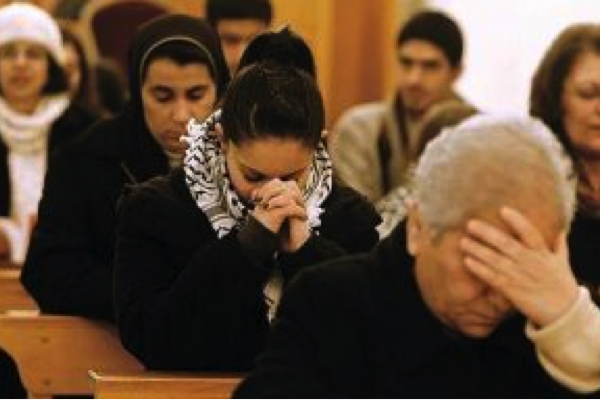Oppressive poverty, like corruption and unfettered crime, is a human condition to be addressed and mitigated by principled choices to alter societal structures. This is particularly illustrated in South Africa with the ongoing historic challenge of the lingering old apartheid effects of legalized separation of races and tribal groups. Attitudes and demographics are still entrenched. The marginalized suffer most. Escalating crime is still in large measure black on black, but all sectors of society live with corruption and hear in the media the drumbeat of violence — and not only when there is a high profile feeding frenzy trial such as for Oscar Pistorius.
In a meeting with Kairos Southern Africa leaders, a senior ANC party executive acknowledged, “We have failed in service delivery and turned a blind eye to corruption … please help us make the changes necessary.” To be true to the liberation pledges, Kairos members are mobilizing civil society to act accordingly, along with an informed electorate and principled politicians, to address the residue of years of oppression both here and abroad.
A public way in which religious leaders from across the theological spectrum participated in this regard was in a solidarity conference called by the South Africa Parliament “portfolio committee” on International Relations and Cooperation. Consensus for action was not automatic on the apartheid-like oppression in Israel and Palestine. But respect for those of differing theological and political understandings was for the most part encouraging and enlightening.
Read the Full Article

